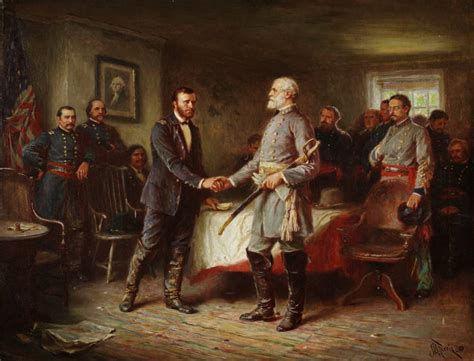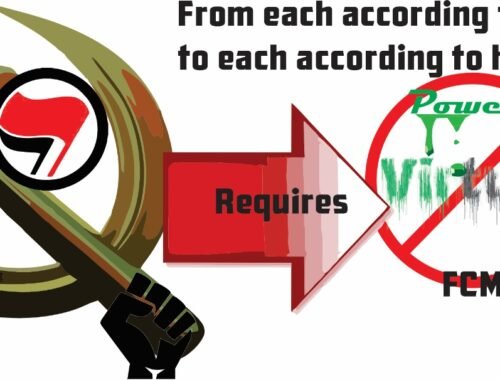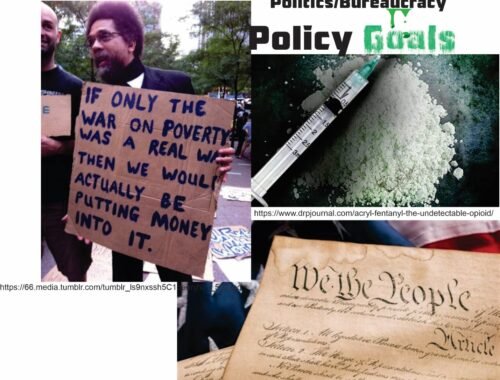
Power Shift, Part 7: The Great Society
“The Great Society rests on abundance and liberty for all. It demands an end to poverty and racial injustice, to which we are totally committed in our time. But that is just the beginning. The Great Society is a place where every child can find knowledge to enrich his mind and to enlarge his talents. It is a place where leisure is a welcome chance to build and reflect, not a feared cause of boredom and restlessness. It is a place where the city of man serves not only the needs of the body and the demands of commerce but the desire for beauty and the hunger for community.” President Lyndon B. Johnson
Abstract: The federal government expanded during the Great Society, both in size and in control over the states. This created a massive transfer of wealth the left seems to understand very well.
Lyndon Johnson’s Great Society initiative followed the Civil Rights Era and built upon Franklin Roosevelt’s New Deal. The Great Society again significantly expanded the size and scope of the federal government. It continued the New Deal’s effort to make the American people increasingly dependent upon the federal government. If anarchists and leftists tried to overthrow the federal government at end of the 19th century, during the Great Society they realized they could do far more if they controlled the levers of federal power.
Key Great Society Legislation:
- The Civil Rights Act of 1964 prohibited discrimination in employment based on race or gender and banned racial segregation in all public facilities.
- The Economic Opportunity Act of 1964 created the US Office of Economic Opportunity, now called the Office of Community Services, charged with eliminating the causes of poverty in America.
- The Wilderness Act, which protected over 9 million acres of forestland from development.
- The Voting Rights Act banning literacy tests and other practices intended to deny African-Americans the right to vote.
- The Elementary and Secondary Education Act providing federal funding for public schools.
- The Social Security Amendments of 1965, which created Medicare and Medicaid.
- The Older Americans Act of 1965 creating a wide range of home and community-based services for older Americans.
- The Immigration and Nationality Act of 1965 ending discriminatory immigration quotas based on ethnicity.
- The Freedom of Information Act making government records more easily available to the people.
- The Housing and Urban Development Act providing funding specifically for construction of low-income housing.
The Johnson administration created Departments of Housing and Urban Development and Transportation and significantly expanded the Department of Health and Human Services to run its new social and health programs. While the Carter Administration created the Department of Education, the Johnson Administration expanded federal funding and federal control over education.
The federal government continued to consolidate its power and ability to compel the states through legislation and the use of the Interstate Commerce Clause (ICC) of the Constitution. The federal government used the ICC to compel state behavior on issues from racial integration to water quality and rights.
Prior to the Great Society, the left was at odds with government. An anarchist assassinated President McKinley and communists sought to overthrow western governments as they had the Russian government. With the Great Society, the left seemed to understand that if it controlled government that it could get their objectives without explicit revolution. Given the problems at the Democratic Presidential convention in Chicago in 1968, I doubt the Democratic Party had bought into the socialist agenda during the Great Society. More likely, the Great Society showed them what they could accomplish if they controlled government.
Edwin J. Feulner, in Assessing the ‘Great Society’ in 2014, estimated the US had spent $22 trillion on 80 Great Society programs. That is an enormous amount of money that I suspect has grown substantially in the last seven years as the government adds more programs and recipients to the mix. I’m not sure where Dr. Feulner got his $22 Trillion figure, but given the nature of the programs and their longevity, I suspect that he is more right than wrong. It represents perhaps the most massive transfer of wealth in history.
The left seems to understand this power now given this huge wealth transfer to date. The question is what will they do with this power?






